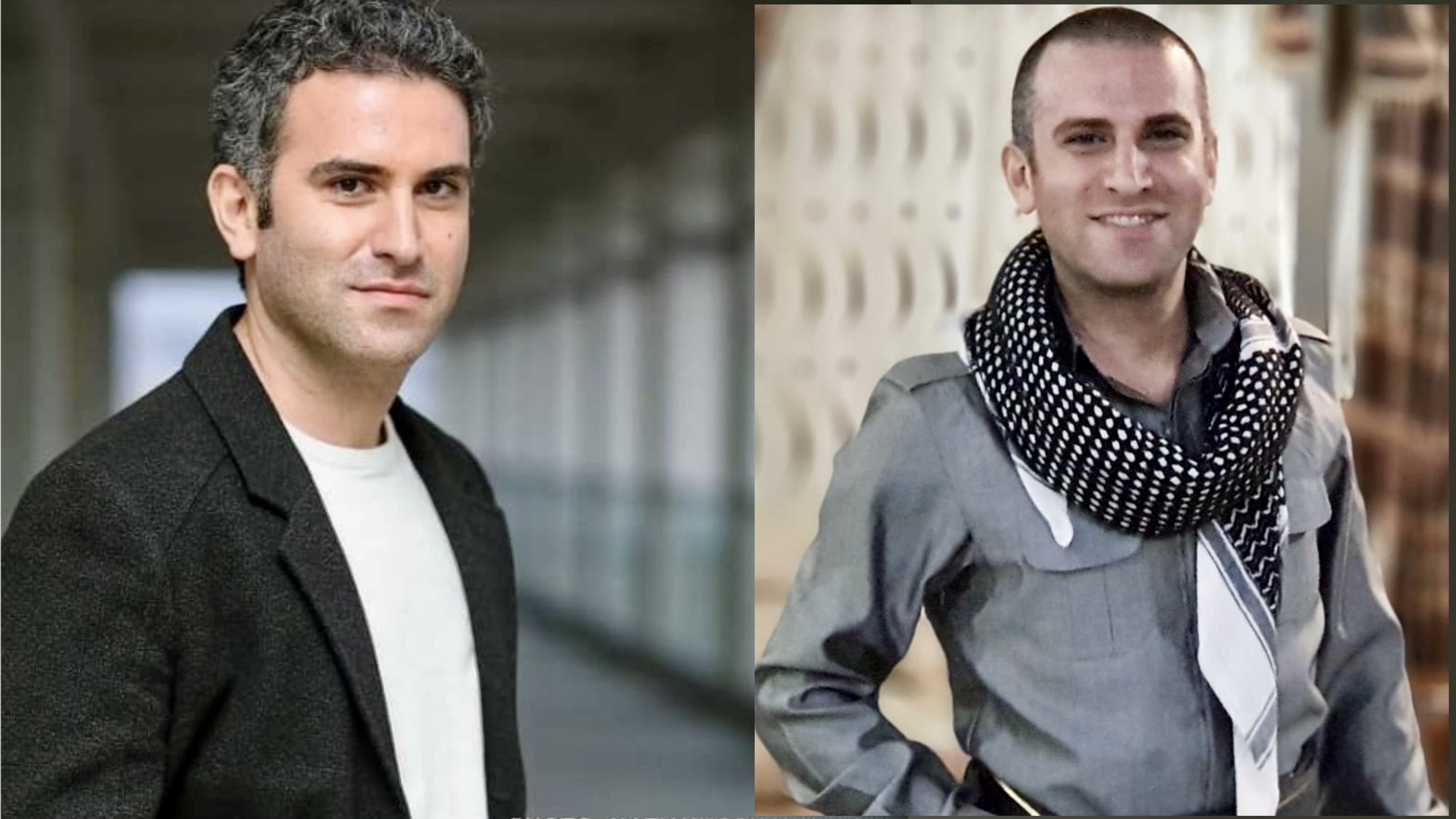Hootan Shakiba, born in 1984 in Sanandaj, Kurdistan, is a renowned Iranian actor whose work in theater, cinema, and television bridges cultural divides. Known for his emotional depth and versatility, Shakiba rose to fame with roles in *Licensiha* and *Shab-e Ke Mah Kamel Shod*. A graduate of theater and acting, his Kurdish heritage informs his artistry, while his ventures into voice acting and music reveal a multifaceted talent dedicated to storytelling and cultural representation.
Early Life and Cultural Foundations
Hootan Shakiba’s journey began in the heart of Iran’s Kurdish region, where he was raised in a modest family. His mother, a schoolteacher, and father, an agricultural office employee, initially resisted his artistic ambitions, favoring traditional career paths. However, a pivotal moment came when his father encouraged him to pursue his passion, saying, “Choose a field you love, even if it seems uncertain.” This shift allowed Shakiba to embrace his creativity, nurtured further by his Kurdish roots. His uncles, both sculptors, and his older brother, Homan, a painter, immersed him in an environment where art was a language of resistance and identity. Growing up in Sanandaj, a city rich in Kurdish culture, Shakiba absorbed stories of resilience and tradition, which later seeped into his performances. His early experiments with filmmaking at 15, such as the short film *Be Donbale Bi Rangī*, hinted at his future in visual storytelling, blending personal and cultural narratives.
Artistic Evolution: Theatre, Cinema, and Voice
Shakiba’s formal training began with a degree in theater directing from Soureh University and a master’s in acting from Tehran University of Art. His stage career launched with plays like *Violon-hāyetān rā Kuk Konīd* and *Betweenāyān*, where he honed his ability to convey raw emotion. However, it was television that catapulted him to national fame. The comedy series *Licensiha* (2015–2018) showcased his comedic brilliance as Habib, a lovably awkward bachelor, endearing him to audiences.
In cinema, Shakiba’s breakthrough came with *Shab-e Ke Mah Kamel Shod* (2019), a haunting portrayal of Abdulhamid Rigi, a conflicted insurgent. The role earned him a Crystal Simorgh for Best Actor at the Fajr Film Festival, with critics praising his intensity and vulnerability. Films like *Ablaq* (2020) and *Melāsat-e Khosousi* (2021) further cemented his reputation for tackling complex, morally ambiguous characters. Beyond acting, Shakiba’s voice brought life to iconic roles, from the mischievous puppet “Dibi” in *Kolāh Ghermezi* to villains in *Ben 10*, proving his versatility across mediums.
Awards, Challenges, and Cultural Impact
Shakiba’s career is marked by critical acclaim and challenges. His portrayal of Abdulhamid Rigi not only won awards but also sparked conversations about Kurdish representation in Iranian media. He received the Hafez Award for Best Comedic Actor for *Licensiha* and a House of Theatre Award for *Oliver Twist* (2017), where his performance merged Kurdish folk elements with classic drama. Yet, his roles often navigate societal taboos, such as poverty and marginalization, as seen in *Ablaq*, a gritty tale set in Iran’s urban underbelly.
Despite his success, Shakiba’s Kurdish identity occasionally places him at odds with mainstream narratives. He has spoken subtly about the struggles of minority artists in Iran, using his platform to highlight Kurdish stories without overt politicization. His work in theater, particularly experimental plays like *Marg-e Hootan* (2016), explores themes of identity and displacement, resonating deeply with audiences familiar with Kurdistan’s history of resilience.
Legacy and Future Horizons
Hootan Shakiba’s legacy lies in his ability to humanize the Kurdish experience within Iranian art. By infusing his roles with cultural authenticity, he challenges stereotypes and broadens representation. His surprise musical performance on *Hamrafigh* (2021), where he sang a Kurdish folk song with the band *Bamerani*, underscored his commitment to preserving his heritage. Though he remains discreet about his personal life and political views, his art speaks volumes, advocating for empathy and understanding.
As Shakiba continues to evolve—recently starring in the comedy *Sobhāneh bā Zarfahā* (2023)—he remains a bridge between Iran’s mainstream cinema and its marginalized voices. For aspiring Kurdish artists, his journey is a testament to the power of perseverance and cultural pride. Whether through laughter, tears, or song, Hootan Shakiba’s work reminds us that storytelling, at its core, is an act of resistance and hope.


